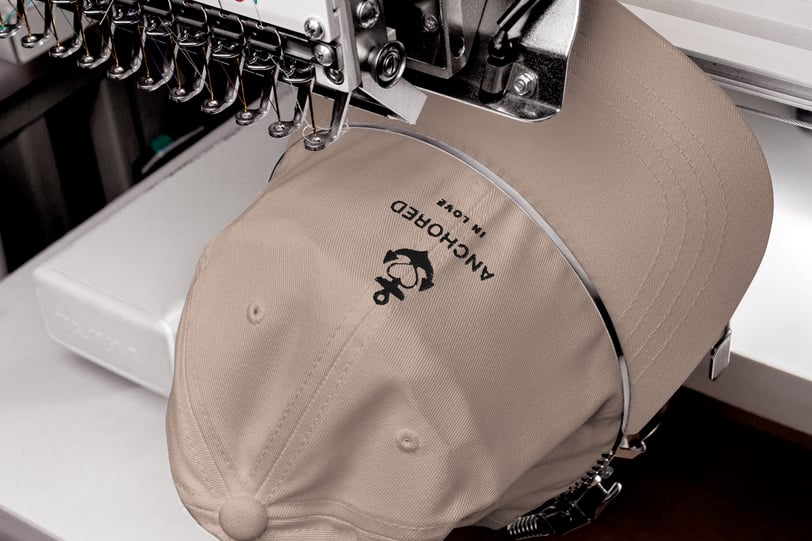Unlock your sustainable fashion business today!
The Environmental Impact of Made-On-Demand Production
Understanding Made-On-Demand Production


Understanding Made-On-Demand Production
Made-on-demand production refers to a manufacturing process where products are created only when an order is placed. This model contrasts sharply with traditional mass production methods, where items are made in bulk without prior demand. The rise of sustainability awareness among consumers has propelled made-on-demand production into the spotlight as an eco-friendly alternative.
Environmental Benefits of Made-On-Demand Production
One of the primary advantages of made-on-demand production is its capacity to reduce waste significantly. In traditional manufacturing, excess inventory often leads to unsold products, which ultimately end up in landfills. In contrast, made-on-demand models allow businesses to produce only what is necessary, minimizing surplus and lowering disposal costs. Furthermore, this approach can lead to lower carbon footprints since less energy is consumed manufacturing products that may not ever be sold.
Challenges and Considerations
Despite its strengths, made-on-demand production also poses challenges that need careful consideration. For instance, the supply chain can become complex, leading to longer delivery times for consumers. Moreover, while the initial environmental impact may be positive, reliance on quick shipping and delivery services could offset some of the sustainability benefits. Manufacturers must strive to find a balance between efficiency and eco-friendliness and continuously seek innovative solutions to streamline operations. Here at YESHUA Apparel we work with global suppliers to ensure efficiency without compromising on quality and sustainability.
In conclusion, made-on-demand production presents a compelling alternative to traditional manufacturing by aligning with sustainable practices. While this method offers numerous environmental benefits, businesses must remain mindful of the potential challenges associated with it. By focusing on continuous improvement and transparency, companies can contribute to a greener future while satisfying customer demands.
Ready to launch your eco-conscious clothing shop? Discover how YESHUA Apparel can help you build your sustainable fashion store. Click the button below to learn more!
